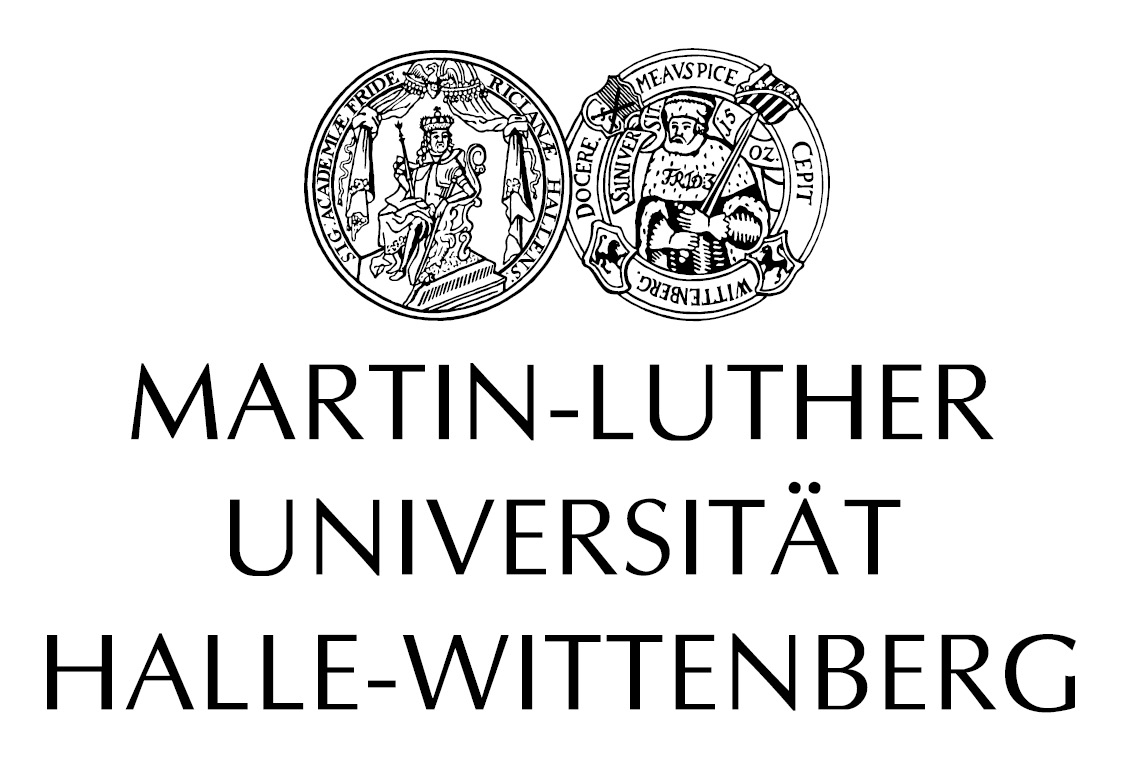Obligatory Science Training
Each PI will provide a 1-day course about his/her project that is obligatory for each PhD-student of the RTG. This will guarantee that they are all familiar with the background and methodology that is relevant and available within the RTG. To link the individual aspects, the coordinator leads the PhD-students through the overarching theme.
Within the first three months, each PhD-student composes a written and fully referenced outline of her/his planned PhD-project. The outline is presented to the responsible Thesis Committee and discussed in the first Thesis Committee meeting.
If feasible, the PhD-student should spend several weeks in a collaborating research group, ideally abroad, to both expand the cultural and scientific horizon and to establish further contacts.
The students will participate in ≥ 3 fundamental training courses on experimental methods. Examples for such 1-week training courses are given here. Further topics will be offered on demand.
Obligatory Complementary Activities
These meetings will be held to introduce new PhD-students to the research activities, methods and people of the RTG. Overview-talks held by the PIs on their respective projects will be combined with mixers and informal meetings to acquaint the new PhD-students with each other and with their new RTG environment. A Kick-Off Symposium will be held for each cohort of PhD-students at the beginning of their terms.
Twice a year there will be workshops (retreats) for all members of the RTG. Since progress seminars have continuously been presented throughout the year, the workshops will include presentations on the embedment of the projects into the scientific context of each group. The workshops will also include the General Assembly meetings of all members of the RTG. The General Assembly provides space for discussions and suggestions. Furthermore, elections will be held for all operative committees of the RTG, including the PhD-student representatives, the Ombuds-Committee and the Steering Committee.
A fixed weekly seminar slot will be used for all seminar programs including progress and literature seminars of the PhD-students as well as scientific presentations given by invited speakers. In the latter case, additional time will be reserved to allow for extended discussions and interactions of PhD-students with the invited speakers. This seminar series will be organized and chaired by the PhD-students with aid by their PIs.
Since English is the common language within the RTG, all students will have to participate in an English language course focusing on scientific English. Foreign students are strongly encouraged to also join a German language course.
One international symposium on “Plant Organelle Interactions” will be organized in the third year of the funding period. Beyond its scientific merit, the International Symposium has the additional dual intention to encourage the PhD-students to participate in the organization of a major meeting and to provide a platform for contacts with potential future em-ployers to those being close to graduation.


